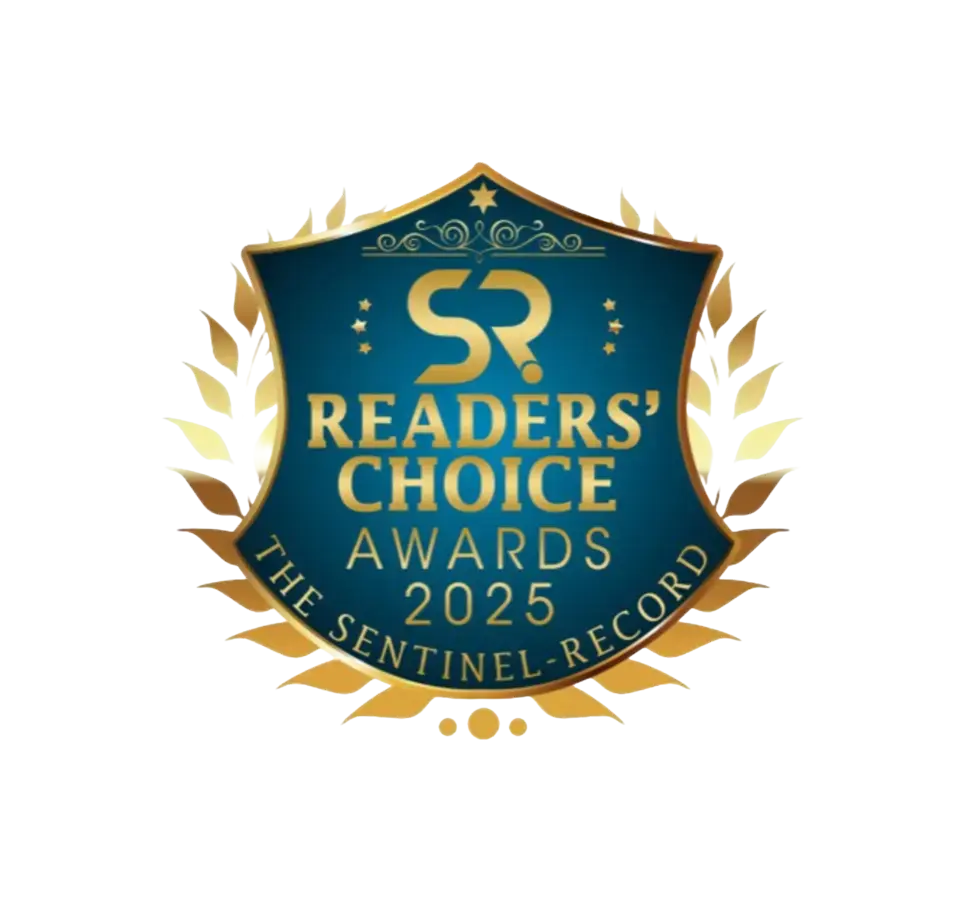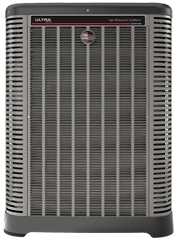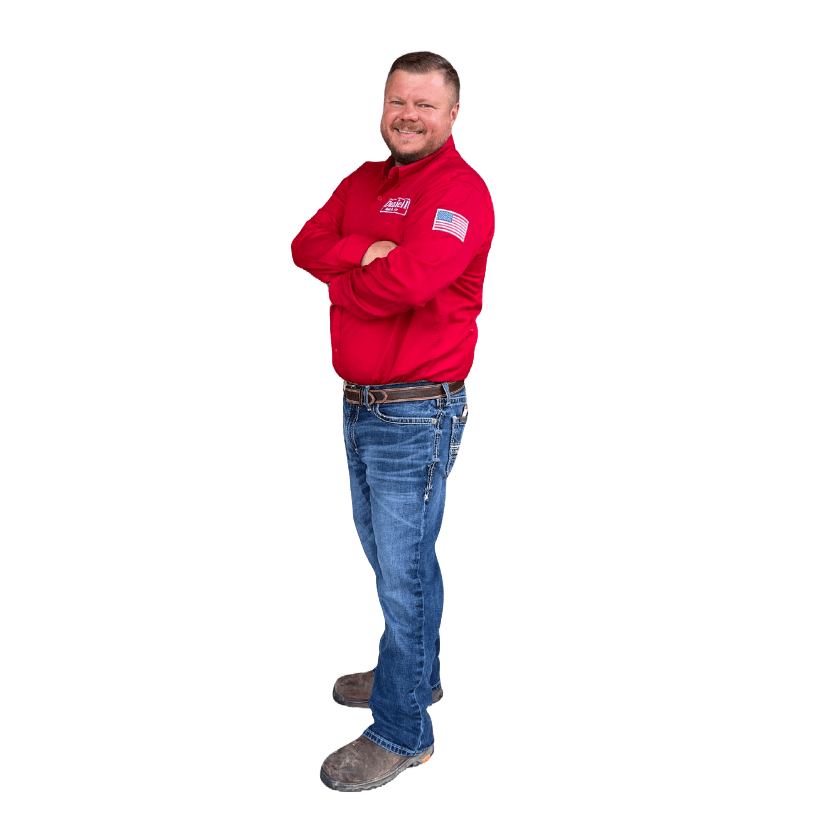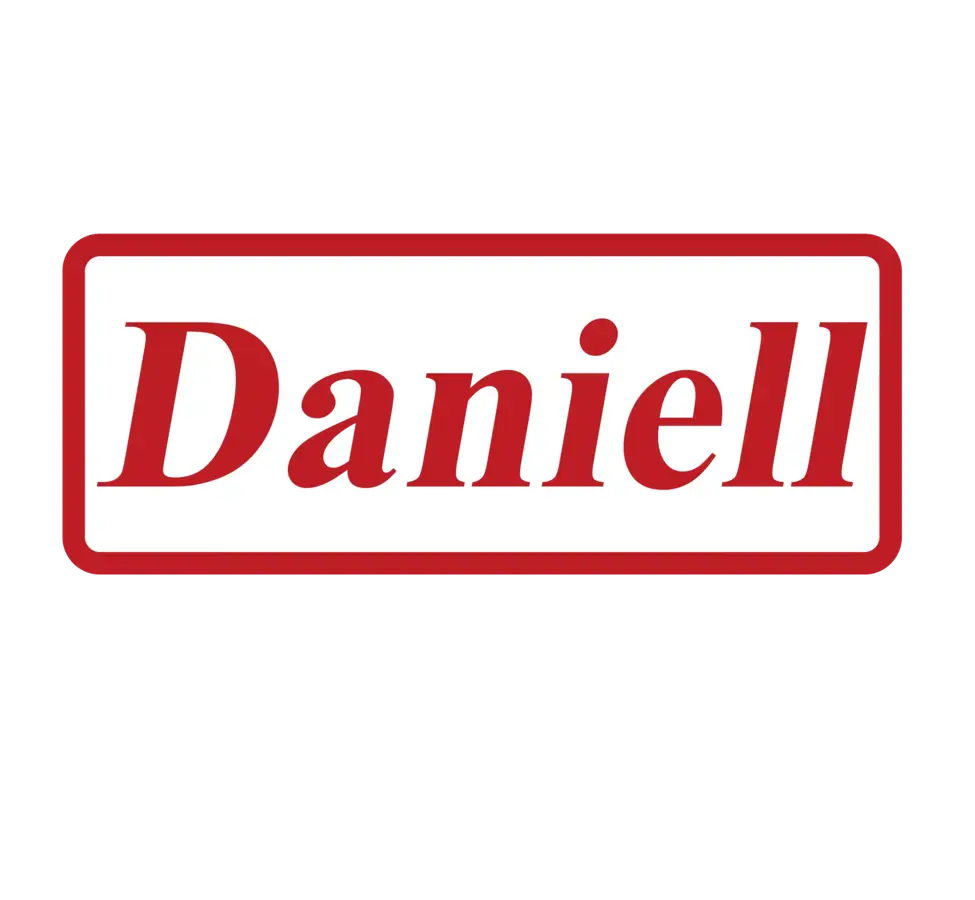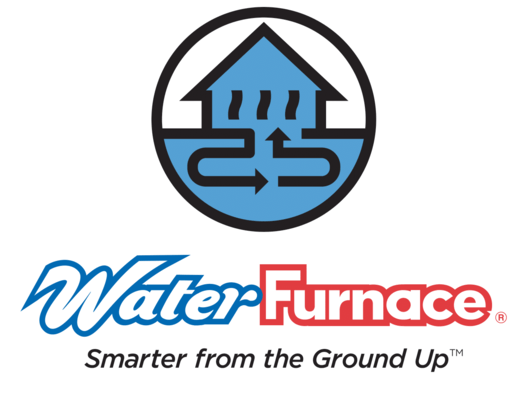Indoor Air Quality Solutions for Jessieville, AR
When you think about your home’s comfort, temperature control naturally comes to mind first. However, the quality of air circulating through your Jessieville home plays an equally crucial role in creating a healthy, comfortable living environment. At Daniell, we understand that indoor air quality directly impacts your family’s health, comfort, and overall wellbeing. Poor indoor air quality can trigger allergies, worsen respiratory conditions, and even affect sleep quality and daily productivity.
The Environmental Protection Agency reports that indoor air can be two to five times more polluted than outdoor air, and considering that Americans spend approximately 90% of their time indoors, addressing air quality concerns becomes essential. In Jessieville’s humid climate, where we run our air conditioning systems for extended periods throughout the year, maintaining optimal indoor air quality requires professional expertise and the right equipment solutions.
Common Indoor Air Quality Challenges in Arkansas Homes
Arkansas’s unique climate creates specific indoor air quality challenges that homeowners in Jessieville regularly face. High humidity levels, particularly during our long, hot summers, create ideal conditions for mold and mildew growth within HVAC systems and throughout homes. This excess moisture not only damages building materials but also releases spores and allergens that circulate through your air supply. We’ve been proudly serving our local community with top-of-the-line products, service, and maintenance for years and hope to do the same for you today, addressing these regional challenges with targeted solutions.
Pollen counts in Arkansas reach extreme levels during spring and fall, with pine, oak, and ragweed being particularly problematic for allergy sufferers. These outdoor allergens infiltrate homes through gaps, cracks, and standard ventilation, accumulating in ductwork and continuing to circulate long after outdoor levels decrease. Additionally, our region’s clay-rich soil produces fine dust particles that easily become airborne and settle throughout homes, requiring specialized filtration to effectively capture and remove.
Professional Air Quality Assessment and Testing
Determining your home’s specific air quality needs begins with comprehensive testing and assessment. We utilize advanced diagnostic equipment to measure particulate levels, humidity, volatile organic compounds, and other pollutants present in your indoor environment. This scientific approach allows us to identify problem areas and recommend targeted solutions rather than applying one-size-fits-all approaches that may not address your specific concerns.
During our assessment process, we examine your existing HVAC system’s performance, checking for proper ventilation rates, filter efficiency, and potential contamination sources within the equipment itself. Our team services most major brands of equipment, giving us extensive knowledge of how different systems impact air quality. We inspect ductwork for accumulated debris, biological growth, and leaks that may be introducing unconditioned air and pollutants into your living spaces. Understanding your family’s specific health concerns, such as allergies, asthma, or chemical sensitivities, helps us prioritize which air quality improvements will provide the most significant benefits.
Advanced Filtration Systems and Technologies
Modern air filtration technology has evolved far beyond basic fiberglass filters, offering sophisticated solutions for capturing microscopic particles and neutralizing airborne contaminants. High-efficiency particulate air (HEPA) filtration systems can capture 99.97% of particles as small as 0.3 microns, including most bacteria, mold spores, and fine dust particles. These medical-grade filters integrate with existing HVAC systems, providing whole-home filtration without requiring separate units in each room.
Electronic air cleaners use electrostatic precipitation to charge and capture particles too small for traditional filters to catch effectively. These systems are particularly effective against smoke, viruses, and ultra-fine particulates that contribute to respiratory irritation. For homes with severe allergy concerns, we often recommend combining multiple filtration technologies to create layered protection against various contaminant types and sizes.
Humidity Control and Ventilation Solutions
Maintaining optimal humidity levels between 30% and 50% prevents both the discomfort of excessive dryness and the problems associated with high moisture levels. Whole-home dehumidification systems work alongside your air conditioning to remove excess moisture more effectively than AC alone, particularly during mild weather when cooling isn’t needed but humidity remains high. These systems prevent condensation on windows, musty odors, and the proliferation of dust mites and mold.
Energy recovery ventilators introduce fresh outdoor air while exhausting stale indoor air, using heat exchange technology to maintain energy efficiency. This controlled ventilation dilutes indoor pollutants, reduces carbon dioxide levels, and helps maintain consistent comfort throughout your home. In tightly sealed modern homes, proper ventilation becomes even more critical for preventing the buildup of household chemicals, cooking odors, and other contaminants.
Air Purification and Sanitization Technologies
Beyond filtration, active air purification technologies neutralize contaminants rather than simply capturing them. Ultraviolet germicidal irradiation systems installed within HVAC equipment destroy bacteria, viruses, and mold spores as air passes through the system. These UV-C lights provide continuous disinfection without producing ozone or requiring filter replacements, making them an excellent long-term investment in your family’s health.
- Photocatalytic oxidation systems combine UV light with titanium dioxide catalysts to break down chemical vapors and odors at the molecular level
- Bipolar ionization technology releases charged ions that cause particles to clump together for easier filtration while neutralizing pathogens
- Activated carbon filtration absorbs gases, chemicals, and odors that pass through standard particle filters
Maintenance for Optimal Air Quality
Regular maintenance ensures your indoor air quality systems continue performing effectively year after year. Filter replacement schedules vary based on filter type, system usage, and environmental factors, but maintaining consistent replacement prevents system strain and ensures optimal filtration efficiency. Professional duct cleaning every three to five years removes accumulated debris that harbors allergens and restricts airflow, improving both air quality and system efficiency.
Annual inspections of humidity control systems, UV lights, and electronic air cleaners identify potential issues before they compromise performance. Keeping outdoor units clear of debris and vegetation prevents pollutants from entering your system at the source. At Daniell, we provide comprehensive maintenance programs tailored to your specific air quality equipment, ensuring consistent protection for your family’s health and comfort throughout every season in Jessieville.

